A report issued this week by The Pioneer Institute, a Boston-based a public policy think tank, sheds light on the rapid growth and diversity of the U.S. homeschooling population.
Co-authored by William Heuer and William Donovan, the comprehensive white paper explains that despite a paucity of support from government officials–and outright opposition by the nation’s largest teachers’ union–homeschooling has gained in both popularity and reach over the past several decades.
According to the latest 2012 National Center for Education Statistics (NCES) data, there are over 1.8 million homeschoolers nationwide, representing 3.4 percent of the overall U.S. K-12 school-age population. More recent data place the number of homeschoolers at well over 2 million children, placing it on par with the number of children currently enrolled in U.S. public charter schools.
The report highlights that “there is no typical homeschooler or homeschooling family,” as the “one size fits all” prototype of conventional public schools does not apply to homeschooling families who tailor their educational approach to the needs and values of their family and their children. The report states:
“Homeschooling is a viable alternative for the many students and their families who wish to opt out of traditional public schools. Regardless of a family’s rationale for homeschooling, the universal tenet of homeschoolers is the importance of parental choice and the conviction that parents are best equipped to make the educational decisions that affect their children.”
In tracing the history of 19th compulsory schooling laws to the modern education choice movement, the report reminds us that Horace Mann, the proclaimed “father of American public education” who passed the nation’s first compulsory schooling statute in Massachusetts in 1852, homeschooled his own three children with no intention of sending them to the common schools he mandated for others.
The report says about Mann:
“This hypocrisy of maintaining parental choice for himself while advocating a system of public education for others seems eerily similar to the mindset that is so common today: Many people of means who can choose to live in districts with better schools or opt for private schools resist giving educational choices to those less fortunate.”
As the fastest-growing alternative educational option, increasing at rate of 3 percent per year, homeschooling continues its ascent into the mainstream with families choosing to homeschool for a variety of reasons, from a clear lifestyle choice to a lack of quality alternative education options.
“Despite their disparate philosophies on how and why they homeschool,” the report finds that homeschooling families “have been united in their belief that parental choice in deciding to homeschool and the manner in which their children are educated is an intrinsic right, one which should not be usurped by the state…They also hold to the belief that the overall environment of traditional public school systems is not conducive to the educational goals they have for their offspring.”
Legal in all 50 states since 1993, homeschooling represents a diverse cross-section of the American population. Demographically, Hispanics now comprise 15 percent of the homeschooling population, and black homeschooling families represent 8 percent–a number the report cites as doubling in the 2007-2011 timeframe.
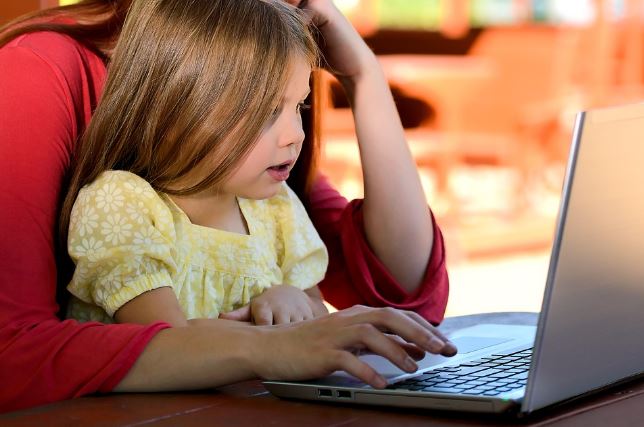
Highlighting NCES data, the report reveals that 16 percent of homeschooling parents are educating a child with a physical or mental health issue, and more than 15 percent have a child with “other special needs.”
Homeschooling parents assume all educational costs for their children, but homeschooling vouchers and tax credits are hotly contested within the homeschooling community, with many parents and advocates unwilling to accept the additional regulatory oversight that would likely come with public funding.
Still, homeschoolers pay taxes for schools they don’t use and reduce overall taxpayer burden:
“Just like private and parochial school students (but unlike charter school students), homeschoolers not only bear the brunt of their own educational costs but also pay the same taxes to fund their district schools which they generally do not utilize to any large degree. Using the latest NCES figures reflecting the national average expenditure of $11,011 per public school student, the two million homeschoolers essentially reduce public education costs by some $22 billion per year.”
The geographic, demographic, and ideological diversity of the expanding homeschooling population is leading to many pathways of educational and pedagogical innovation:
“As learning, rather than schooling, becomes more the norm there may be much that traditional schools can learn from homeschoolers. Some characteristics that are inherent in homeschooling, such as parental involvement, flexible scheduling, individualized learning plans, and looping have long been essential elements in homeschooling families. Homeschoolers have essentially paved the way in self-directed learning, multi-age grouping, project-based learning, adapting to individual learning styles, and content mastery vs. seat-time. They continue to expand their use of alternative assessments, anywhere-anytime learning, and the use of apprenticeships.”
For homeschooling families, education choice starts at home; but as incubators of new methods and approaches to teaching and learning, their choice can have a widespread, positive impact on education innovation nationwide.

KERRY MCDONALD
Kerry McDonald is a Senior Contributor for Intellectual Takeout. She has a B.A. in economics from Bowdoin College and a Master’s degree in education policy from Harvard University. Follow her on Twitter.
This post was originally published on Intellectual Takeout.

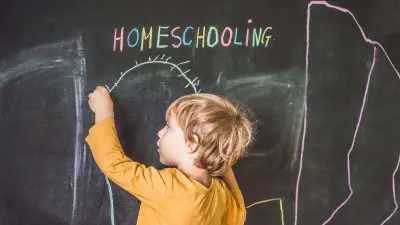
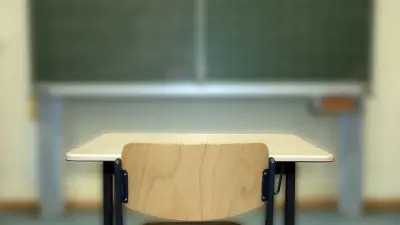
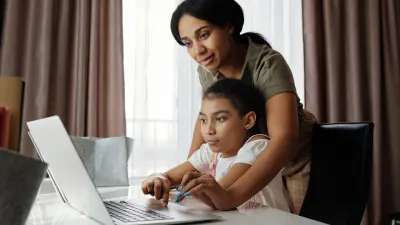
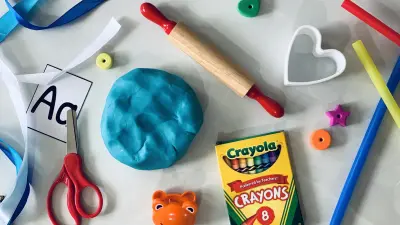
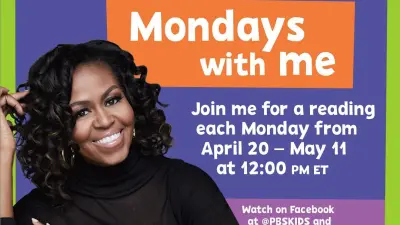

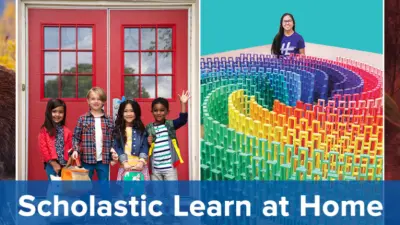
Leave a Reply